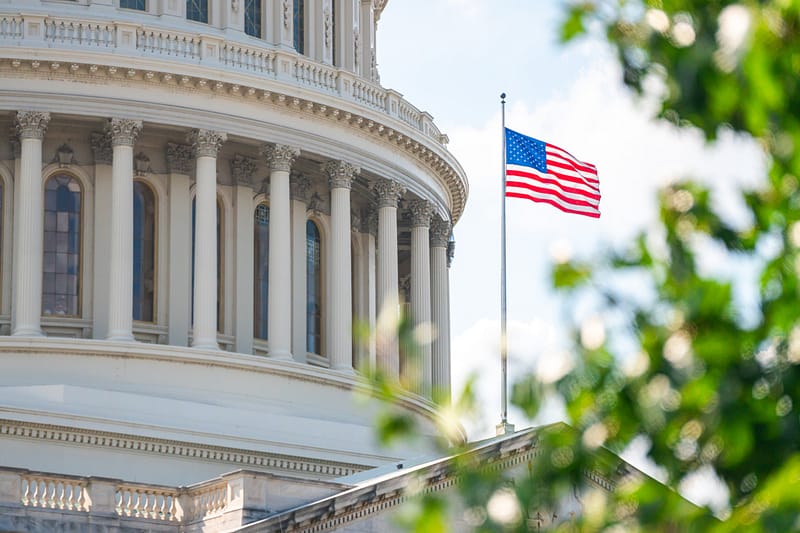The Sales Value Threshold
Certain US-based businesses should register for, collect, and remit Canadian sales tax. US exporters—nonresident vendors and distribution platform operators—generally should pay GST when exporting to Canada if they meet a certain sales value threshold. As of July 2021, any nonresident who sells more than $30,000CAD within the last four calendar quarters (or fewer) is required to collect GST and HST on all business-to-consumer transactions.
What if your business sales fall below that threshold? In that case, you may not be required to collect GST and HST unless you have voluntarily registered for GST and HST purposes. However, as a nonresident, once you’ve registered in Canada, you must collect GST and HST, even if your sales are under the $30,000CAD threshold.
Nonresident Vendors
Nonresident vendors sell goods or services directly to consumers (or businesses). They may operate through their own websites, distribution platforms, or fulfillment warehouses. Vendors often use a combination of these elements to sell both physical and digital goods and services.
Nonresident vendors who reach the sales value threshold of $30,000CAD within four calendar quarters should register for GST/HST. Vendors who do not reach that threshold may remain unregistered.
Distribution Platform Operators
The rules are a little different for distribution platform operators (DPOs). DPOs should consider their own sales because they are considered the responsible party for “qualifying supplies” sold on their platform.
Qualifying supplies are goods that are:
- Sold on the distribution platform by third-party vendors who are not registered for GST/HST (whether resident or nonresident), and
- Housed in Canada (in fulfillment warehouses or any other location).
If the sales of qualifying supplies plus the DPOs’ sales to Canadian consumers reach or are expected to reach the $30,000CAD threshold over any four consecutive quarters, the DPO should register. These sales should be reported and remitted by the DPO, not by the unregistered vendor.
B2C Versus B2B Sales
Collecting GST/HST is only required on business-to-consumer transactions. However, the Canadian customer should provide their own GST/HST number in a business-to-business transaction. If a Canadian business customer mistakenly pays tax, after providing a GST/HST number to the nonresident business, the Canadian customer should request a refund from the nonresident vendor directly. It cannot be claimed as a tax paid-in-error rebate and is not eligible as a tax credit.



